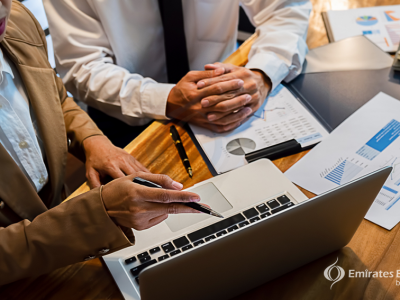Home of the Dubai Mall, the world’s largest shopping extravaganza, Dubai can often seem like an intimidating place to ogle designers, but there are plenty of buzzing local markets and traditional souks worth exploring in the older parts of town that won’t burn a hole in your pocket. Locals, long time residents and tourists can be seen briskly walking with a sense of purpose, craftily haggling over prices, and slinging bags of merchandise artfully over both shoulders. If you aspire to be one of them, we’ll tell you exactly where to head. If you’re looking for a more cultural experience, skip the knickknacks and explore to the unique display of livestock at the Camel Market or one of the many ethnic hubs in the city.
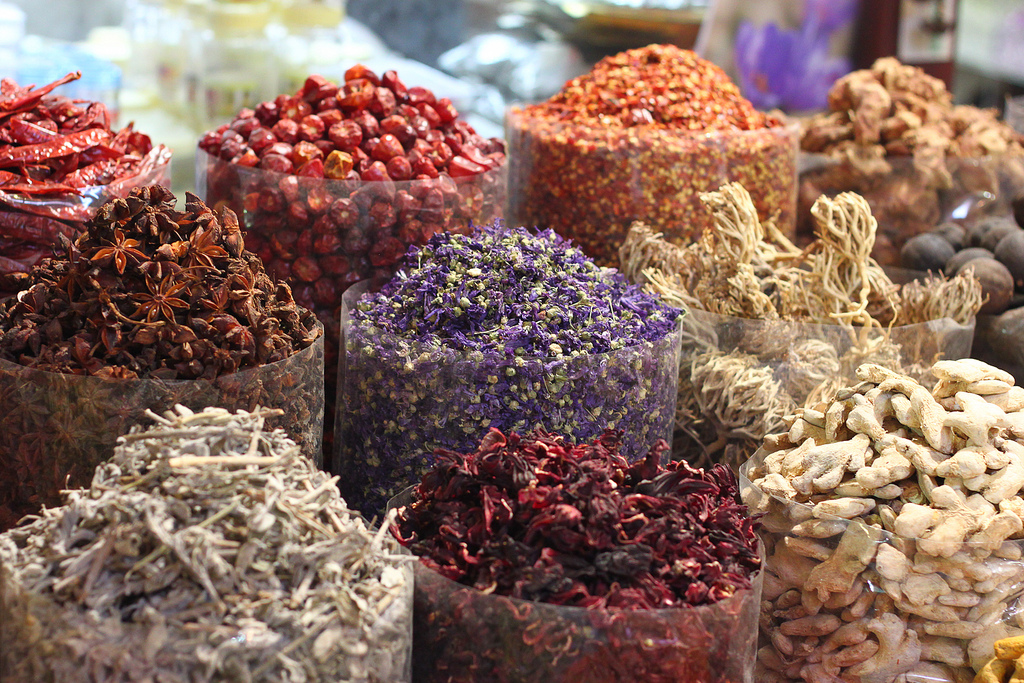
Spice Souk
The Spice Souk is a covered market where the aromas of brightly colored cinnamon, turmeric, cardamom, dried chilies, dried lemons, cloves and saffron barrels intersperse with the strong scent of Henna. Though most Dubai residents buy their spices from the local supermarket for convenience, the Spice Souk is still frequented by those living close by, tourists and Abra (wooden boats) sailors. The spices come from as far away as Iran, Yemen, India and parts of Africa. A wide variety of Henna sourced from the Middle East, Africa and the Indian subcontinent is also available. Salt from the Dead Sea, rose water, dried rose petals, dates, dry fruits, nuts, tea, frankincense, incense burners, and traditional Shisha are other interesting buys. Haggling over the price is the norm, so don’t stop shy of bargaining.
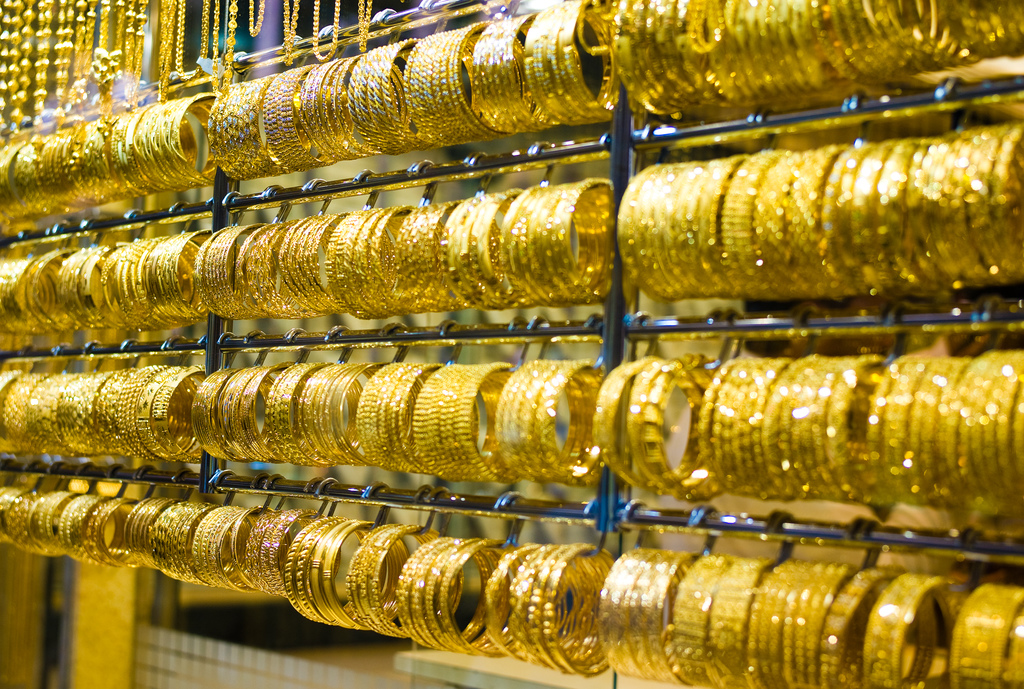
Gold Souk
Right next to the Spice Souk, the Gold Souk is one of the largest gold markets in the world. Peruse jewelry in an unimaginably wide range of designs; from delicate bracelets to exquisite multi-layered necklaces fit for a queen. The quality of craftsmanship is believed to be very high coupled with low prices, making a visit to the Gold Souk a must for tourists looking to buy gold or silver pieces. Watch out because you’ll also be courted by touts selling knockoff watches, bags and perfumes, although a firm no should suffice in getting rid of them.
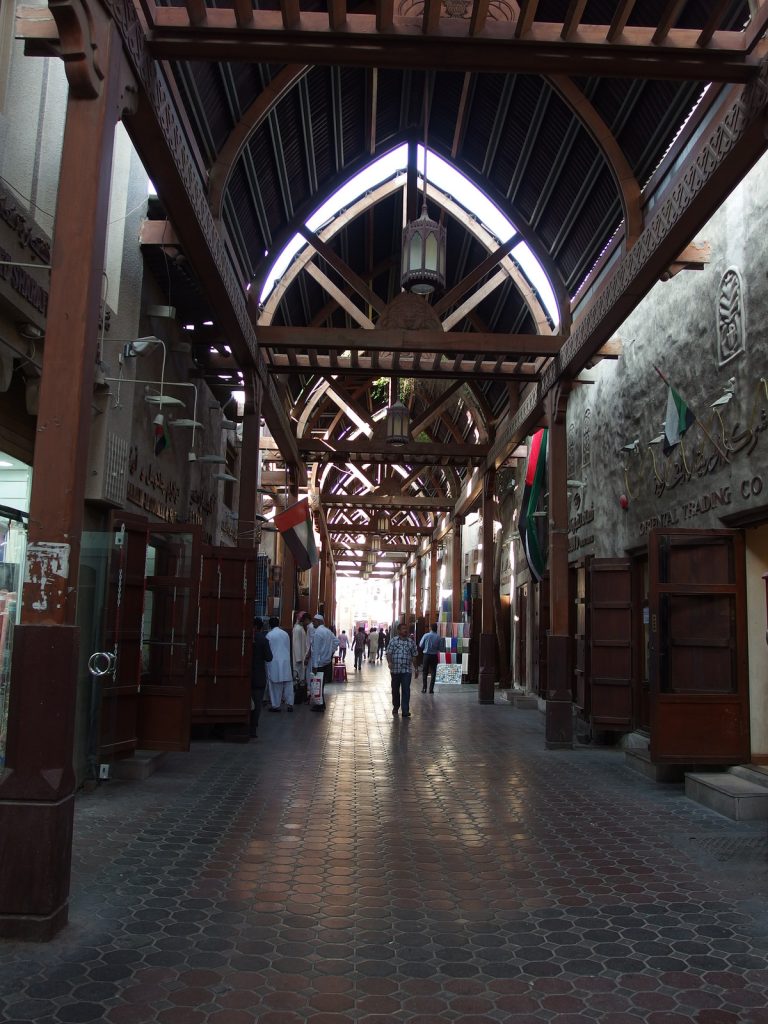
Textile Souk
On first glance, the old Textile Souk in Bur Dubai looks like a traditional souk with arched wooden roof and wind towers, but has in fact been renovated and modernized. Many shops are owned by North Indian traders, some of whom arrived way back in the 1950s. A wide range of textiles such as silk, chiffon, cashmere, and organza from India, Pakistan, China, and other Asian nations can be found here, displayed in bales stacked high mostly to be sold in large quantities. Smaller shops sell T-shirts, garments, slippers, socks, trinkets, and traditional Indian and Pakistani embroidered shoes or mojaris.
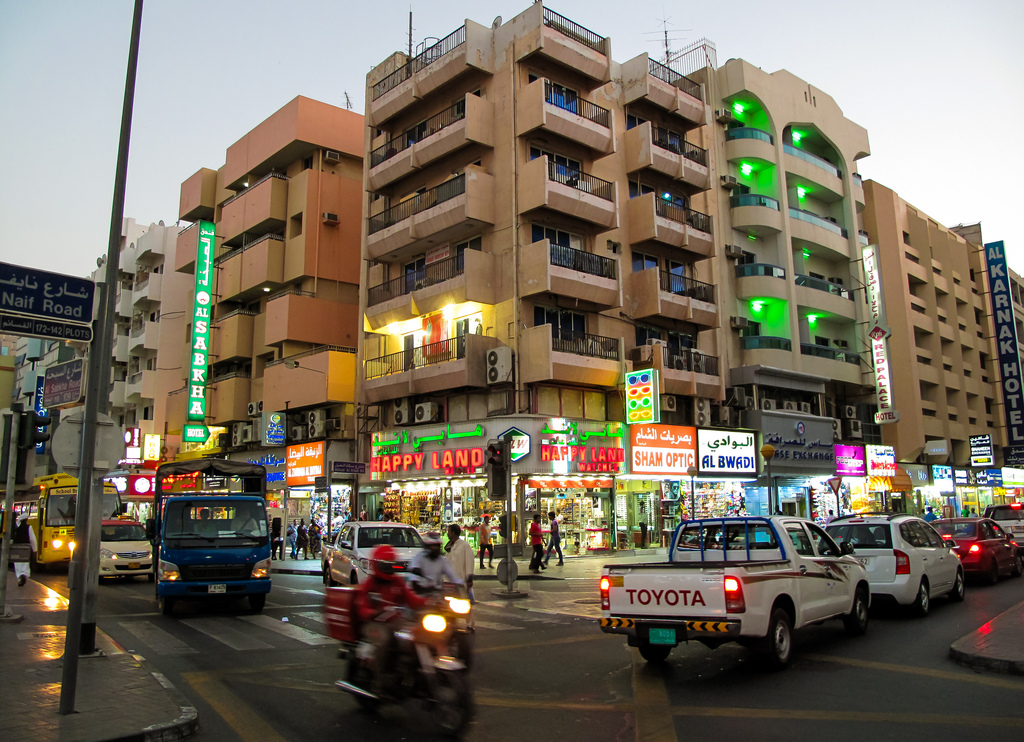
Naif Souk
In its early days, the Naif Market or Naif Souk was the place you’d go to buy camels owned by the local Bedu or Bedouins. Rebuilt in 2010, the market today is a modern version of its former self, complete with air-conditioned shops selling mobile phone accessories, electronics, souvenirs, watches, leather, shoes, bags, perfumes, textiles and garments. It’s common to see locals and Middle Eastern women shopping for stone encrusted Arabic gowns or Jalabiyas, Shaylas (headscarves) and fancy Abayas.






